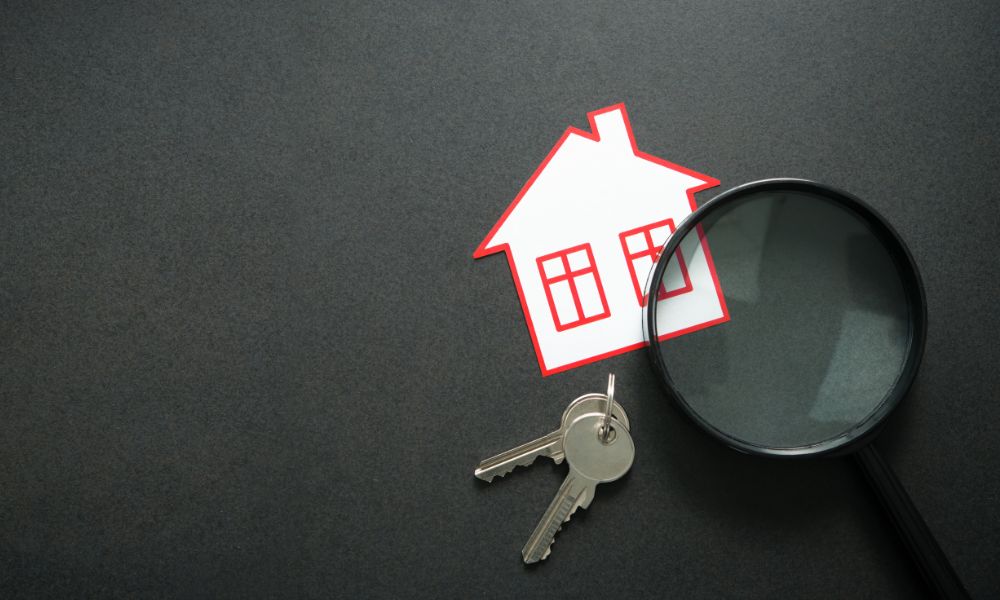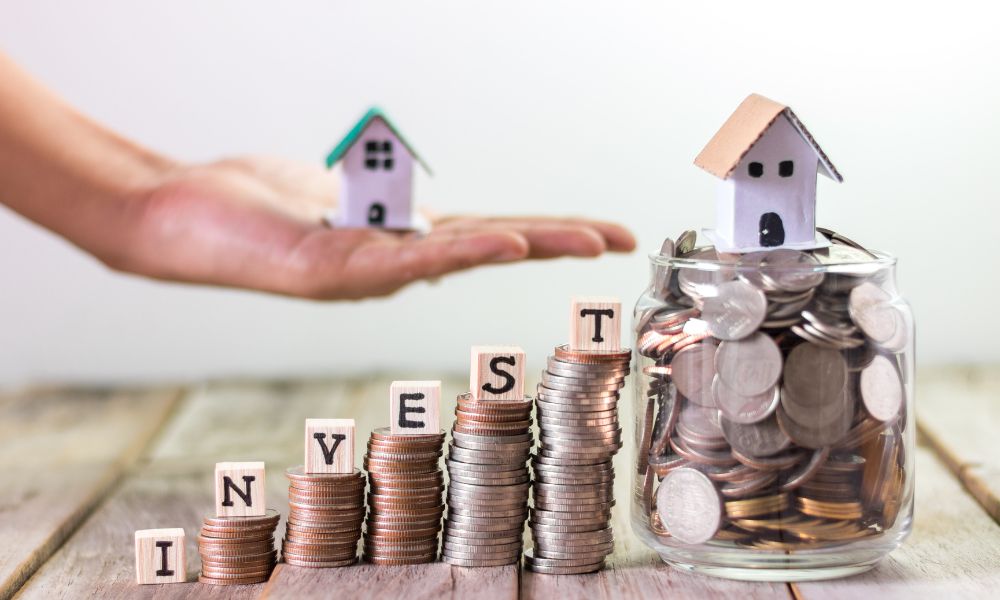Building wealth doesn’t always start with a pile of cash—sometimes, it’s about knowing how to leverage the right opportunities. Real estate investing is one of the most powerful ways to create long-term financial stability and generate passive income, but many people assume they need a large down payment to get started. Well, you don’t always need money upfront to buy rental properties.
When people talk about buying a rental property with no money down, they don’t mean the property is free. Instead, it means using creative financing methods to avoid a large down payment or cover the purchase through alternative means.
Traditional financing requires a minimum down payment, solid credit, and a reliable lender. But for new real estate investors, meeting these payment requirements can be difficult. By using non-traditional funding strategies, you can start building a real estate portfolio without needing to save a larger down payment or rely solely on traditional mortgage lenders.
Connect with a Real Estate Expert: Start Property Investing
Understanding the Basics of No Money Down Investments
Investment property includes rental properties, multi-unit buildings, and even commercial spaces. Unlike a primary residence, which you live in, an investment property is meant to generate profit. While buying investment properties with little or no money is possible, it does come with challenges:
- Higher Interest Rates – Loans without a down payment often come with higher monthly mortgage payments.
- Stricter Loan Terms – Some lenders require additional guarantees or a strong credit score.
- Increased Risk – If you’re not careful, you could end up with negative cash flow if the rental income doesn’t cover expenses.
Most real estate investments follow a traditional financing route, where a mortgage lender requires a minimum down payment, typically 20% or more. However, alternative strategies allow real estate investors to finance a property using seller financing, VA loans, FHA loans, private money loans, or leveraging an existing mortgage.
Key Strategies for Buying an Investment Property with No Money Down
You don’t always need enough money saved up to buy investment properties. There are several ways to fund a purchase without using your own money upfront. Let us break down each strategy on how to buy investment property with no money down.
1. Seller Financing
One of the most common ways to buy a property with no money down is through seller financing (also known as owner financing).
Instead of going through traditional lenders, the property owner acts as the lender. You and the seller agree on terms, including the purchase price, interest rate, and monthly payments. You make payments directly to the seller rather than a bank.
Pros:
- No need for a bank or traditional mortgage lenders
- Easier qualification process
- More flexible loan terms
Cons:
- Not all sellers offer owner financing
- May have a due on sale clause, requiring full repayment if the seller’s mortgage is still active
- Higher interest rates compared to conventional investment property loans
2. Lease Option
Another strategy for buying an investment property with no money down is a lease option agreement. A lease option, also called a rent-to-own agreement, allows you to rent a property with the option to buy it later.
You and the property owner agree on a future purchase price, and a portion of your monthly payments may count toward the final sale. This strategy is useful if you don’t have a down payment saved but expect to be in a better financial position later.
To make a lease option work for you:
- Negotiate favorable terms – Secure a longer rental period to allow time for rental income growth.
- Lock in a purchase price – Agreeing on the purchase price upfront can be beneficial if property values rise.
- Seek credit for rent payments – Some agreements allow a portion of rent to count toward the initial down payment.
With this, you gain control of an investment property without a large upfront initial investment and it allows you to build credit and savings before securing a traditional mortgage lender. However, if you decided not to buy, you could lose the extra money paid toward ownership. The property owner could also change their mind or sell to someone else so better get the agreement in a legal document.
3. Partnering with Investors
If you lack the money to buy a rental property, partnering with investors can help you enter the real estate investing market without putting up a larger down payment yourself.
A joint venture (JV) is a partnership where two or more investors combine resources to acquire an investment property. You might handle property management while your partner provides the funding.
Finding and Attracting Potential Investment Partners
- Network with local real estate groups – Many real estate investors look for opportunities to expand their real estate portfolio.
- Showcase your expertise – If you can manage properties or find good deals, investors may fund the purchase price while you handle operations.
- Leverage online platforms – Websites like BiggerPockets and real estate forums help connect real estate investors.
4. Hard Money Loans
A hard money loan is a short-term, asset-based loan provided by private money lenders, making it a popular option for real estate investors who need fast funding. Unlike traditional lenders, hard money lenders focus on the property’s value rather than the borrower’s credit score. These loans typically cover 65-75% of the purchase price, requiring investors to secure gap funding for the rest.
While hard money loans offer quick access to capital, they come with high interest rates and short repayment terms. Investors often use them for flipping or the BRRRR method, where they buy, rehab, rent, and refinance into a traditional loan.
Without a solid exit strategy, the high monthly mortgage payments can become a financial burden. Despite the risks, they remain a useful tool for acquiring investment properties when traditional financing isn’t an option.
5. Using a Home Equity Line of Credit (HELOC)
If you already own a home, a HELOC can be an excellent way to buy an investment property without needing a minimum down payment.
A HELOC (Home Equity Line of Credit) allows homeowners to borrow against their home’s equity, using it as a flexible source of funding. Instead of putting down your own money, you use the home equity you’ve built over time. You can leverage HELOC through:
- Draw from HELOC for down payment – This strategy helps you fund a traditional rental property loan without cash upfront.
- Use HELOC for renovations – Boost a property’s value before refinancing.
- Combine HELOC with a purchase-rehab loan – This can help cover both the purchase price and improvements.
6. Private Money Lending
Private money lending is another way to finance an investment property. Unlike banks or traditional mortgage lenders, private money lenders are individuals or groups who lend money based on the property’s value rather than the borrower’s credit score. These lenders could be friends, family, or real estate investors looking for passive returns.
To secure a private money loan, you need to find an investor willing to fund your real estate deal. This requires building relationships, demonstrating a solid investment plan, and negotiating favorable loan terms. The key advantage is flexibility—private money lenders may offer lower payment requirements and faster approval than traditional lenders.
However, borrowers must consider legal and financial implications, such as structuring clear repayment agreements and ensuring the deal benefits both parties. While interest rates can be higher, private money lending provides a valuable way to finance investment properties without using your own money.
7. Real Estate Wholesaling
Real estate wholesaling is a popular way to enter real estate investing with little or no money. Instead of buying a rental property outright, wholesalers find undervalued properties, secure them under contract, and assign the contract to an investment property buyer for a profit. This allows you to profit from a real estate deal without needing a down payment or taking ownership of the property.
To succeed in real estate wholesaling, you need to:
- Find motivated sellers willing to sell below market value.
- Secure a purchase agreement with a low-risk contingency.
- Assign the contract to a real estate investor willing to pay a higher purchase price.
While wholesaling can generate quick cash, it comes with challenges. Finding good deals takes effort, and if you can’t assign the contract, you might lose your initial investment in contract fees. Additionally, some states require a real estate license for wholesaling, so it’s important to understand local regulations.
8. Assumable Mortgages
An assumable mortgage allows a buyer to take over the seller’s existing loan, including its monthly mortgage payments and interest rate. This strategy eliminates the need for a large down payment and can be a great way to acquire an investment property with favorable financing terms.
To transfer property ownership with no money down, the buyer must meet the lender’s qualification criteria. If approved, they take over the seller’s mortgage, continuing the monthly payments under the original loan agreement. This works well when interest rates have risen, making older loans more attractive.
The biggest advantages of assumable mortgages are lower payment requirements and the ability to bypass traditional financing. However, not all loans are assumable, and some have a due on sale clause, requiring full repayment upon transfer.
Government Programs for No Money Down Investment
Government-backed loans can also be a great starting point if you’re looking to buy an investment property with no money down. VA loans let eligible military members skip the down payment altogether, making them perfect for house hacking—living in one unit while renting out the rest. USDA loans also offer 100% financing, but they’re limited to rural areas.
Another way to use house hacking is FHA loans which require a minimum down payment of just 3.5%, making them one of the most accessible loan programs for buyers who don’t have a large down payment saved.
While FHA loans are intended for owner-occupied properties, investors can use them to buy multi-unit homes, live in one unit, and rent out the others.
Start Your Investment Journey Today
Understanding the Legal Implications
While no money down strategies sound great, you need to be smart about the legal side. Some loans, like assumable mortgages, come with a due on sale clause, meaning the lender could call the loan due if the property changes hands. With seller financing and private money loans, a solid contract protects both parties and avoids any confusion later.
Before jumping into a real estate deal, it’s always a good idea to consult a real estate attorney to make sure everything is in order. A little due diligence can save you a lot of headaches down the road.
Calculating the Risks and Rewards
Not every real estate deal will generate strong cash flow, so assessing property value and potential ROI is key. Look at market trends, rental demand, and property appreciation to determine if the deal makes financial sense.
Of course, risk is part of the game. No money down investments often come with higher interest rates, stricter loan terms, or the need to secure gap funding. If the rental income isn’t enough to cover monthly mortgage payments, you could find yourself in financial trouble.
The best way to mitigate risk is to run the numbers carefully, have backup financing options, and ensure you have a clear exit strategy. Whether it’s refinancing, flipping, or securing long-term tenants, knowing your plan ahead of time helps protect your investment.
The Role of Credit in No Money Down Investments
While some creative financing methods don’t require good credit, having a strong credit score gives you more financing options and better loan terms. Traditional mortgage lenders and even some private money lenders consider your creditworthiness before approving a loan.
A higher credit score can mean lower interest rates, smaller monthly payments, and better overall cash flow, making your real estate investment more profitable.
If your credit isn’t where you want it to be, there are ways to improve it. Paying down debt, making on-time payments, and avoiding unnecessary credit inquiries can help boost your score over time. However, if you need financing now, you still have options. Many of the strategies covered earlier like seller financing, hard money loans, and lease options, can work even if your credit isn’t perfect.
No matter your credit situation, there’s always a way to structure a real estate investment—you just need the right strategy.
Final Thoughts: No Money, No Problem!
Buying an investment property with no money down isn’t just a dream—it’s completely possible with the right strategy. Whether you’re leveraging seller financing, private money lenders, assumable mortgages, or other creative financing options, there are plenty of ways to get started in real estate investing without a large down payment. The key is to assess the risks, crunch the numbers, and choose the financing method that works best for your situation.
If you’re serious about building a real estate portfolio and generating passive income, now is the time to take action. Intersection Real Estate can guide you through investment property loans, creative financing strategies, and expert insights to help you secure the best deals.
With the right approach, your next real estate investment could be the first step toward financial freedom—no big savings required.








